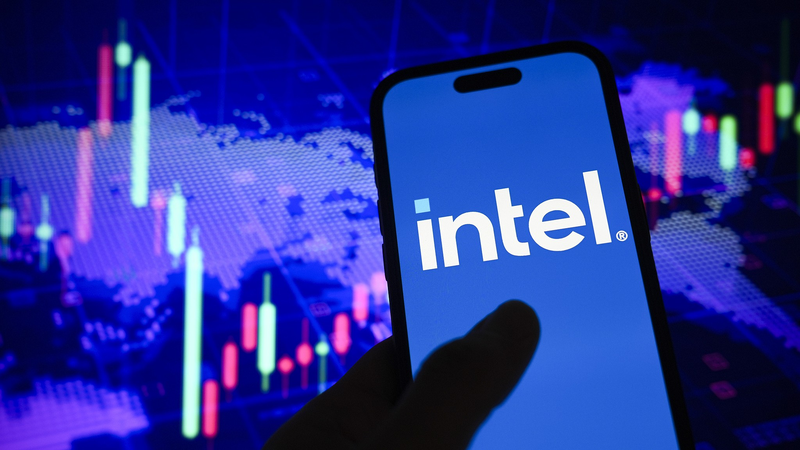The U.S. government is in talks to convert up to $10.9 billion in Chips Act grants into a 10% equity stake in Intel. At an estimated value of $10 billion, this move could reshape the chipmaker’s turnaround strategy.
Intel is set to receive $10.9 billion for commercial and military chip production. The discussions follow a meeting between President Donald Trump and new Intel CEO Lip-Bu Tan—reportedly triggered by Trump’s demand for Tan’s resignation over alleged ties to Chinese firms.
Federal backing could give Intel’s foundry business much-needed breathing room. However, the company still faces a weak product roadmap and challenges attracting clients to its next-generation factories.
David Wagner, head of equity and portfolio manager at Aptus Capital Advisors, says, “The fact that the U.S. government is stepping in to save a blue-chip American company likely means that Intel’s competitive position was much worse than anyone feared.”
Wagner adds that while he’s skeptical about investing taxpayer money into private firms, it’s arguably better than allowing Intel to become state-owned. Aptus holds over 80,000 Intel shares.
This would not be the first time the U.S. government took an equity stake in a major company. During the 2007–2009 financial crisis, Washington invested in General Motors and exited in 2013.
Next steps include congressional approval and final deal terms. For global tech investors and policy watchers, this development highlights how governments are playing an active role in the high-stakes semiconductor race.
Reference(s):
U.S. government in talks to take 10% of Intel, Bloomberg reports
cgtn.com



